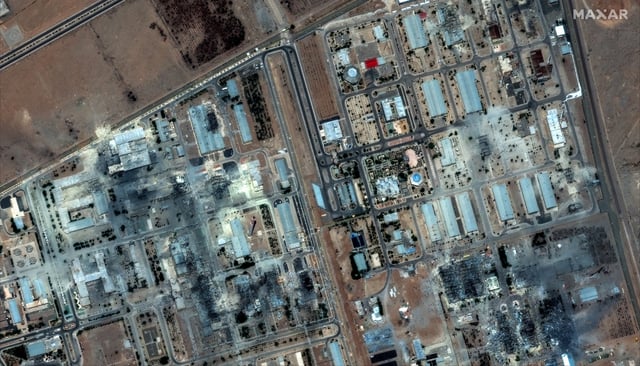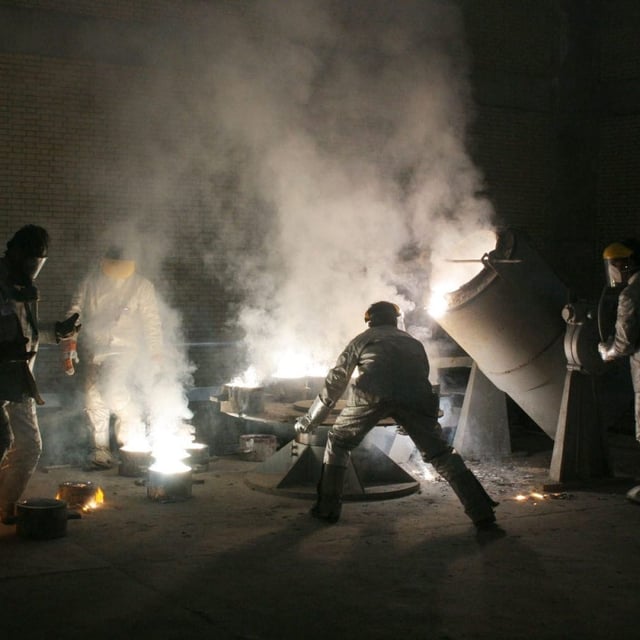Overview
- On June 21, U.S. and Israeli forces struck Fordow, Natanz and Esfahan with bunker-busting bombs and cruise missiles, an operation President Trump called a “spectacular military success.”
- Pentagon and Israeli officials maintain the strikes caused lasting setbacks, yet independent and Israeli intelligence reports indicate most of Iran’s highly enriched uranium remains intact underground.
- Technical analyses warn Iran could weaponize surviving material within about a year by deploying a small centrifuge facility and leveraging straightforward uranium conversion processes.
- Iran has expelled International Atomic Energy Agency inspectors and suspended monitoring of its nuclear sites, raising alarms over unchecked enrichment activities.
- Experts and analysts argue that restoring diplomatic engagement and inspection access offers a more sustainable way to constrain Iran’s nuclear ambitions than repeated military strikes.

